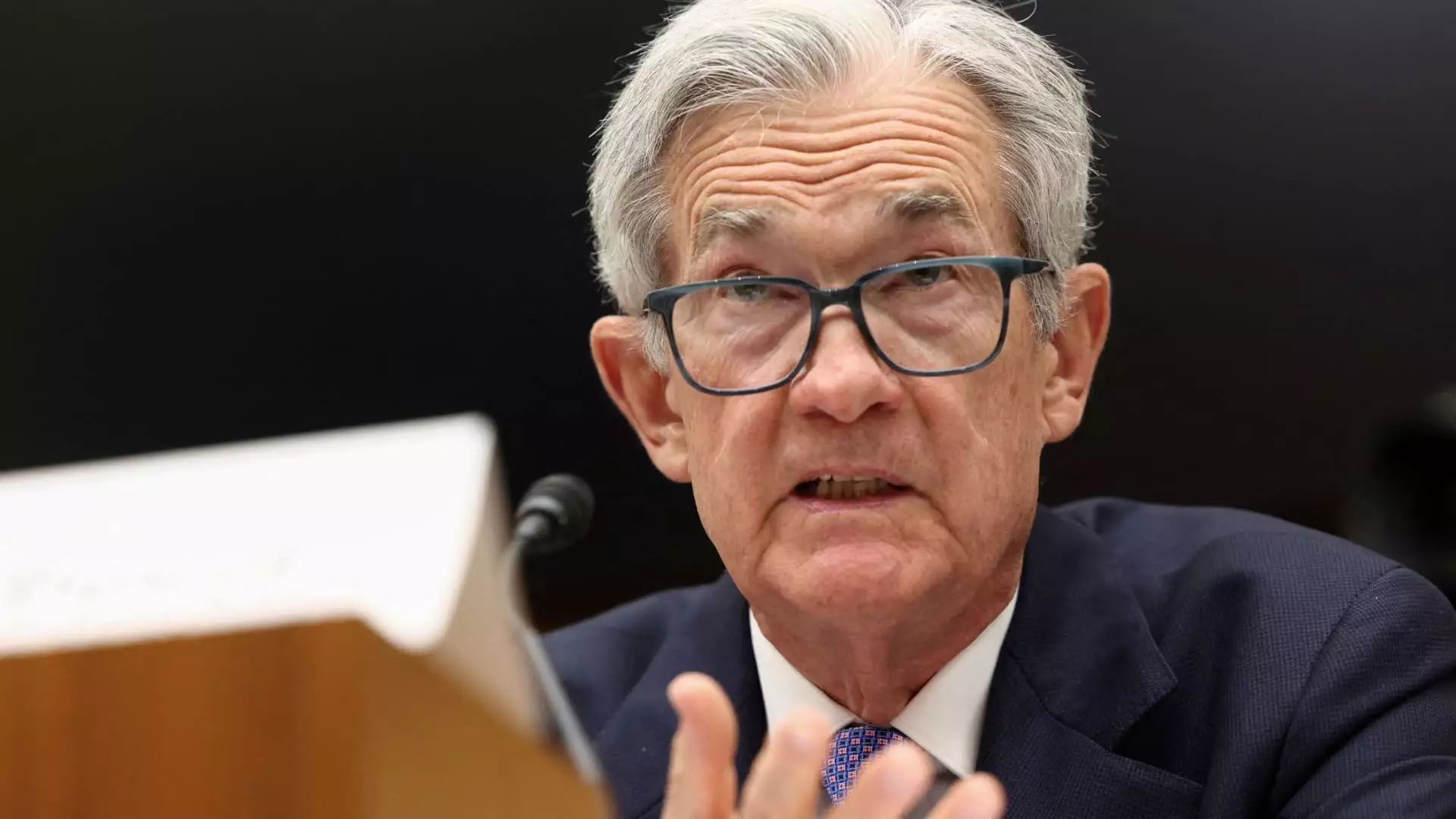In recent months, the forceful criticisms hurled at the Federal Reserve’s leadership and initiatives reveal a troubling trend: government meddling disguised as oversight. The Trump administration’s attacks on Chair Jerome Powell, culminating in accusations of mismanagement and frivolous spending, threaten the core independence that grants the Fed its power. While infrastructure upgrades may seem mundane or even frivolous on the surface, they symbolize a broader attempt to undermine the central bank’s autonomy. The recent move to publish a FAQ defending a $2.5 billion renovation project underscores a fundamental point: the Fed recognizes that countering political assaults with transparency is essential but also that hostility from high levels of government jeopardizes the stability and credibility of monetary policy.
The renovation project—focused on maintaining historic buildings and modernizing infrastructure—has become entangled in political crossfire. Critics, led by officials like Office of Management and Budget Director Russell Vought, have portrayed the project as a symbol of excess and arrogance, alleging that it is a vanity project aimed at improving the Fed’s prestige amid a broader narrative of government waste. Yet, the Fed’s detailed denial about VIP amenities and their transparent outline of costs and reasons for delays demonstrate a strategic effort to preserve public confidence. They are not only defending a construction project but also contesting efforts to politicize their institutional independence.
This conflict reveals far more than renovation plans—it highlights an existential battle over the autonomy of a financial institution tasked with safeguarding economic stability. When political figures attack the Fed’s every move, branding its actions as self-serving or misguided, they are attempting to erode the very foundation of monetary independence. The Fed’s veterans understand that such attacks are not simply about buildings; they are about influence, control, and the ability to make decisions free from political whims. By openly addressing criticisms and clarifying facts, the Fed aims to reaffirm its role as an impartial arbiter, insulated from the tumult of partisan battles.
The Politics of Authority: Why Political Interference Endangers Economic Stability
The broader implications of these skirmishes extend beyond aesthetics and budgets. When politicians, especially those driven by partisan aims, actively undermine the Fed’s independence, they threaten the very fabric of economic stability. Interest rate decisions, which are vital for controlling inflation and promoting employment, require independence from political pressure. History demonstrates that when presidents or Congress interfere directly with the Fed’s mandate, the consequences are often inflationary booms or destabilizing downturns.
The Trump administration’s relentless attacks, including calls for Powell’s resignation and baseless accusations of mismanagement, threaten the stability of monetary policy. The President’s claims that Powell is playing politics and refusal to lower interest rates arbitrarily create a climate of uncertainty that damages markets and erodes public confidence. Such interference politicizes a process that should be rooted in data, expertise, and a cautious understanding of economic cycles.
Furthermore, the narrative that the Fed is misallocating taxpayer funds or frivolously spending on renovations proliferates a misinformed perspective that the institution is disconnected from ordinary citizens’ concerns. In reality, the Fed’s budget—self-funded through its operations—serves the broader public interest by maintaining a resilient monetary system. Using renovation costs as a political weapon ignores this fundamental truth, seeking instead to craft a false dichotomy between fiscal responsibility and institutional independence.
The administration’s push to investigate and scrutinize the Fed’s activities is symptomatic of a deeper desire to control the levers of economic policy. Such interference threatens to politicize decisions that should hinge on expert analysis and long-term stability. If policymakers succeed in diminishing this independence, it could open the floodgates for populist and partisan interests to dictate monetary policy, risking inflation, market chaos, and economic uncertainty.
Resisting Partisan Attacks: The Fed’s Need for Clear Boundaries and Public Support
What the Fed’s recent public defense underscores is a strategic affirmation of its role as a resilient, autonomous institution. While transparency and accountability are vital, they must not be wielded as tools for political expediency. The Fed’s articulation that they are not constructing luxury amenities or extravagant features—merely restoring historic buildings with a focus on functionality—serves as an essential correction to the misinformation spread by critics. Such efforts reinforce the importance of facts over frenzy in public discourse.
The broader battle is about more than a renovation; it’s about safeguarding the institution’s legitimacy and capacity to make tough decisions impartially. In an era of political polarization, the Fed’s independence must be shielded from partisan encroachment that seeks to undermine its authority. The charge to do so lies not only with the institution itself but also with the public, who must recognize that the Fed’s independence is a cornerstone of economic health.
Funding, transparency, and the purpose of such renovations are all legitimate concerns, but they should not serve as a pretext for undermining the institution’s credibility. Instead, these issues should prompt a rational discussion rooted in facts, not sensationalism. As the political climate continues to grow more volatile, the Fed’s resilience in withstanding partisan attacks will determine whether it can continue to fulfill its vital mandate—stabilizing the economy and supporting financial stability—without undue external influence.
The fight to preserve the Fed’s independence is ultimately a fight for the stability and prosperity of the economy itself. The institution’s ability to operate free from the fluctuating winds of political change ensures that its decisions are based on sound economic analysis rather than temporary partisan interests. As the political landscape becomes more hostile to the central bank’s role, the importance of thoughtful resistance and unwavering commitment to institutional independence becomes all the more evident.


Leave a Reply